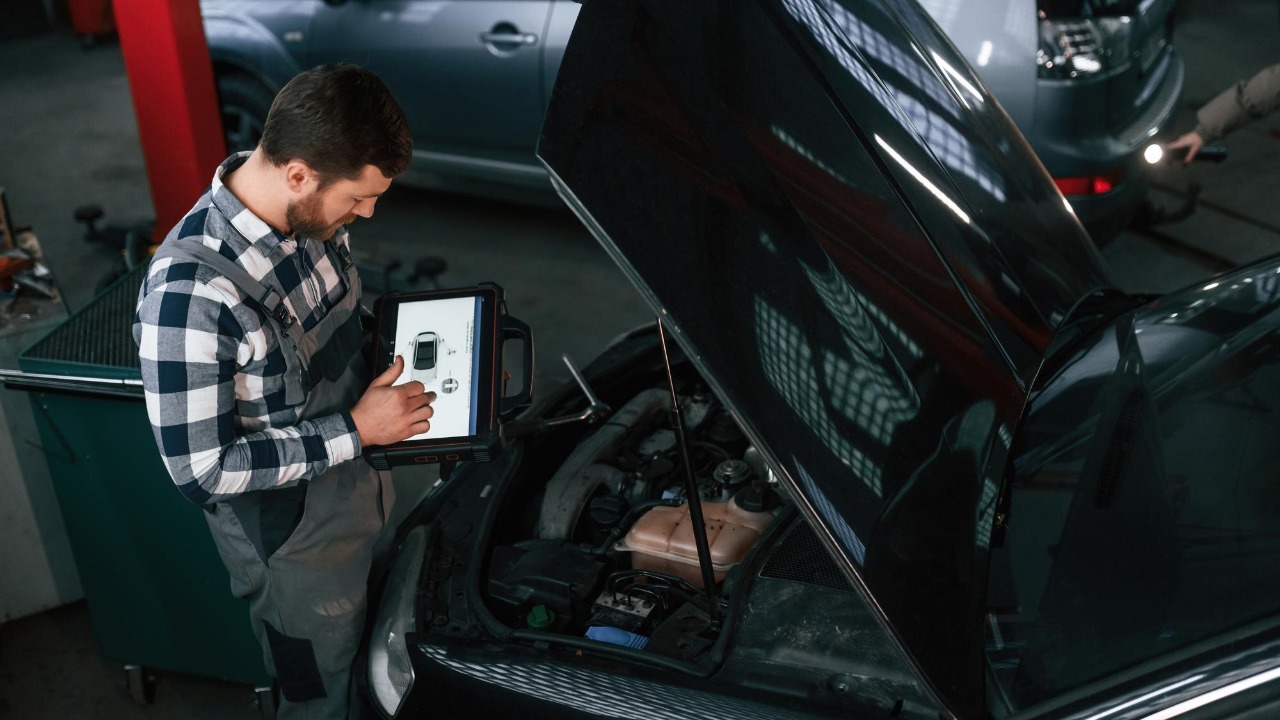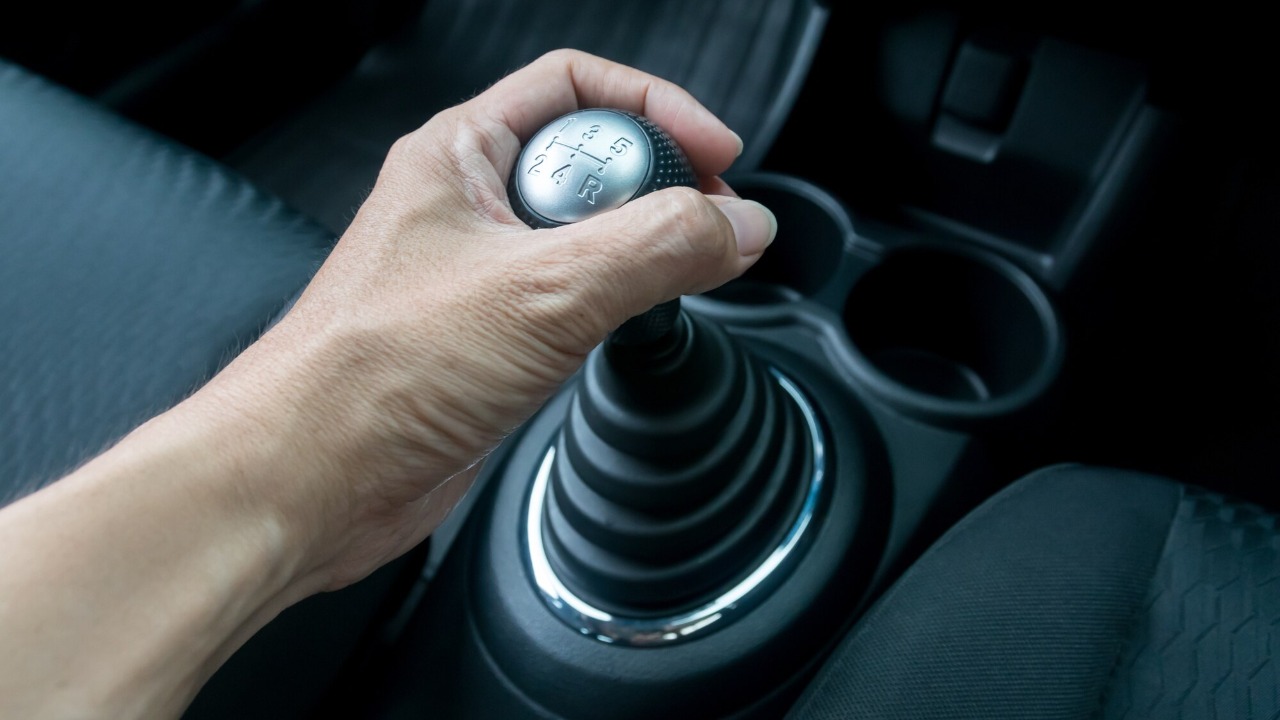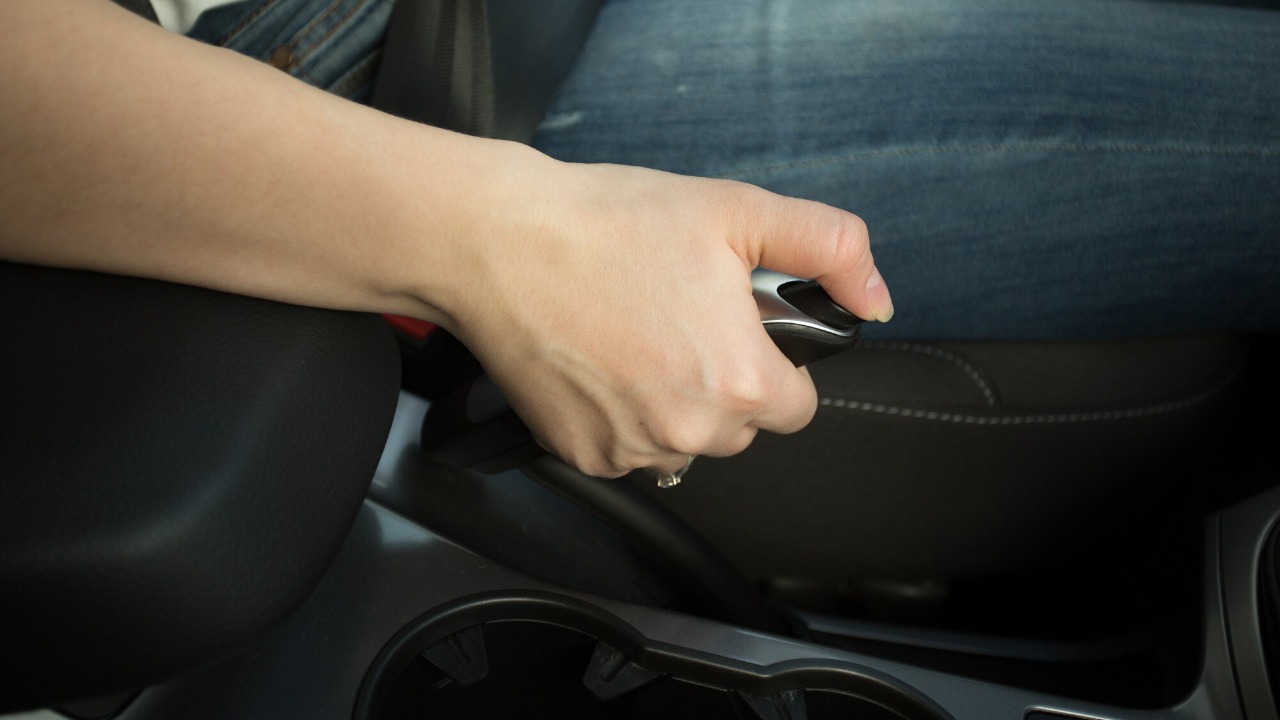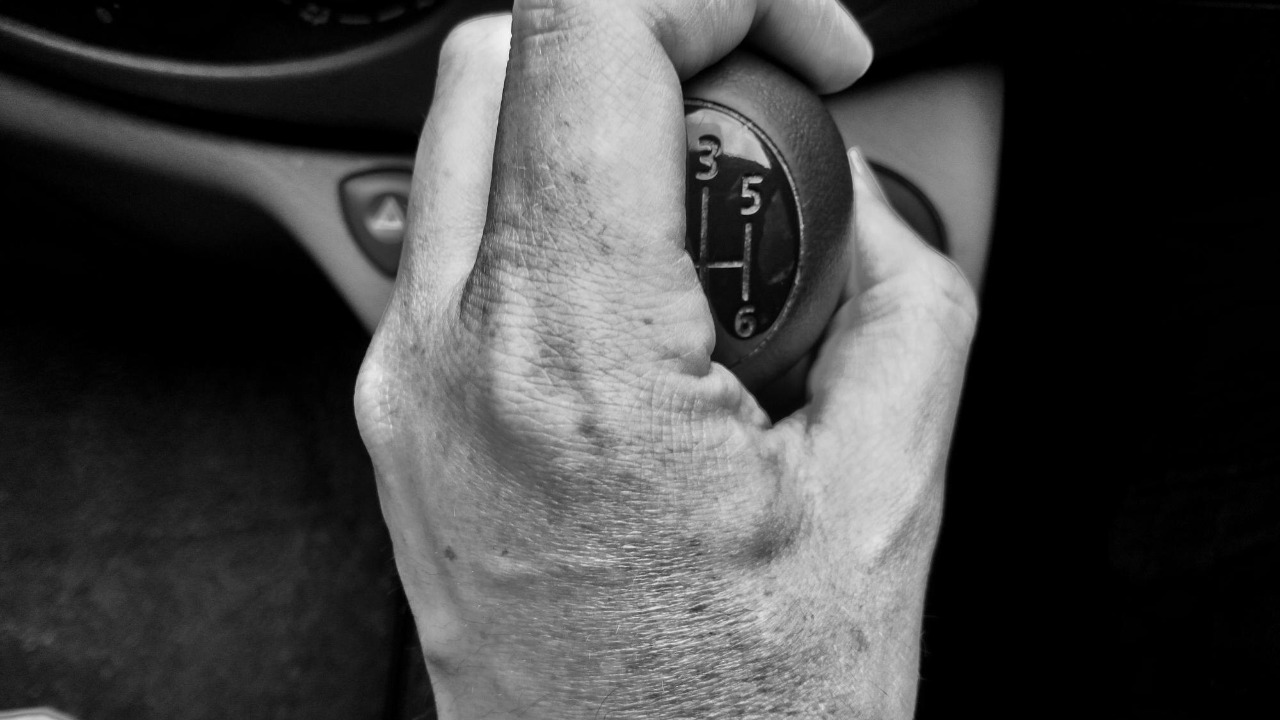
Driving a car with an automatic transmission is often seen as more convenient than a manual, but it’s not without its pitfalls. Many drivers unknowingly make mistakes that can shorten the lifespan of their vehicle’s transmission and result in costly repairs. Here are five common mistakes you should avoid to keep your automatic transmission running smoothly.
Ignoring Regular Maintenance

One of the most common mistakes drivers make is neglecting regular maintenance. Just because an automatic transmission requires less manual effort doesn’t mean it doesn’t require routine check-ups. Failing to change the transmission fluid can lead to overheating and excessive wear, which might eventually cause the transmission to fail. Your owner’s manual will usually provide a schedule for when the transmission fluid should be changed, so be sure to follow those guidelines.
In addition to fluid changes, it’s important to have your vehicle inspected by a professional. They can check for potential issues like leaks or worn-out parts that may not be obvious at first glance. Regular maintenance is a small investment that can save you from expensive repairs down the line.
Shifting Gears Without Coming to a Complete Stop

Another mistake that many drivers make is shifting gears without coming to a complete stop. Whether you’re transitioning from drive to reverse or vice versa, failing to stop completely can cause unnecessary strain on the transmission. This bad habit can lead to premature wear and tear, eventually leading to costly repairs.
When you’re in a hurry, it’s tempting to shift gears quickly, but doing so can significantly decrease the lifespan of your transmission. Take the extra second or two to come to a full stop before changing gears. It’s a simple step that can prevent considerable damage and keep your car running smoothly.
Overloading Your Vehicle

Overloading your vehicle is another mistake that can have serious consequences for your automatic transmission. Every car has a specific weight limit, and exceeding this can put extra pressure on the transmission, leading to overheating and damage. The additional weight forces the transmission to work harder than it’s designed to, which can reduce its lifespan.
It’s important to know your vehicle’s load capacity, which can usually be found in the owner’s manual. If you frequently haul heavy loads, consider investing in a vehicle designed for such tasks, or spread the load across multiple trips. Reliable car brands often provide guidelines on how to properly load your vehicle to avoid transmission issues.
Neglecting to Use the Parking Brake

Many drivers underestimate the importance of using the parking brake when parking their vehicle. Relying solely on the transmission to hold the car in place can cause stress on the parking pawl, a small component in the transmission responsible for keeping your car stationary. Over time, this can lead to wear and eventual failure of the parking mechanism.
Using the parking brake is especially crucial when parking on inclines. It distributes the weight of the car more evenly, reducing the strain on the transmission. For more information on the importance of using the parking brake, check out this detailed explanation.
Revving the Engine in Neutral

Revving the engine in neutral might seem harmless, but it can actually be damaging to your automatic transmission. When you rev the engine, it causes a sudden increase in temperature and pressure within the transmission, which can lead to overheating and potential damage.
This practice can also affect other components of your vehicle, such as the engine and exhaust system. It’s best to avoid revving the engine altogether, especially when the car is in neutral. For a more in-depth look at how this habit can affect your vehicle, watch this informative video.